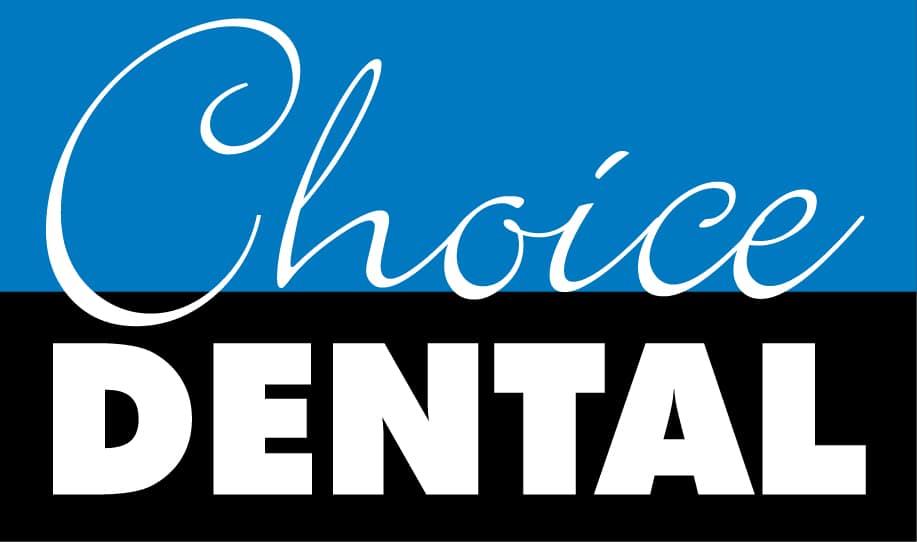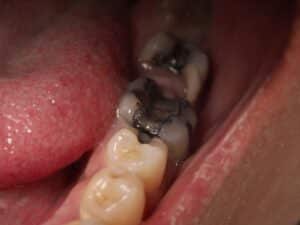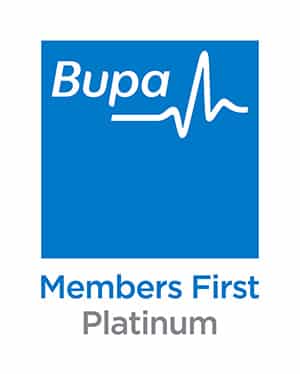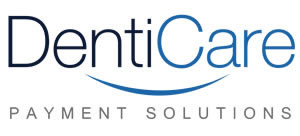Oral health is a cornerstone of overall well-being. A healthy mouth not only boosts confidence but also reduces the risk of serious health issues like heart disease and diabetes. Despite this, many people face dental problems that could be avoided with the right preventive measures. In this guide, we’ll cover some of the most common dental complaints, their causes, and how to prevent them, empowering you to maintain a healthier smile.
1. Cavities (Tooth Decay)
Cavities, or dental caries, are tiny holes that form in teeth due to the breakdown of enamel by bacteria in plaque. If left untreated, cavities can lead to pain, infection, and even tooth loss.
Causes:
- Frequent consumption of sugary or acidic foods and drinks.
- Poor oral hygiene habits that allow plaque to build up.
- Lack of fluoride exposure to strengthen enamel.
Prevention Tips:
- Brush your teeth at least twice a day using fluoride toothpaste.
- Floss daily to clean between teeth where brushing misses.
- Limit sugary snacks and acidic beverages like sodas and citrus juices.
- Visit your dentist regularly for cleanings and fluoride treatments.
2. Gum Disease (Gingivitis and Periodontitis)
Gum disease is an infection of the tissues that support your teeth. Gingivitis is the early stage, marked by red, swollen gums that bleed easily, while periodontitis is an advanced stage that can lead to tooth loss.
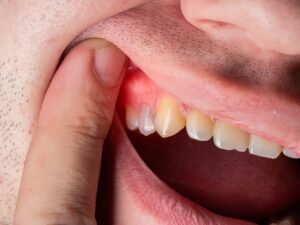
Causes:
- Poor oral hygiene leading to plaque buildup at the gum line.
- Smoking or chewing tobacco.
- Diabetes or other medical conditions that affect immunity.
Prevention Tips:
- Brush along the gum line to remove plaque.
- Use an antibacterial mouthwash to reduce harmful bacteria.
- Quit smoking, which is a major risk factor for gum disease.
- Schedule regular dental check-ups to monitor and treat early signs of gum issues.
3. Tooth Sensitivity
Tooth sensitivity occurs when the enamel protecting your teeth thins, or when gums recede, exposing the underlying dentin. This can cause discomfort when consuming hot, cold, or sweet foods and drinks.

Causes:
- Over-brushing with hard-bristled toothbrushes.
- Grinding teeth, leading to enamel wear.
- Consuming acidic foods and beverages.
Prevention Tips:
- Switch to a toothpaste designed for sensitive teeth.
- Avoid brushing too hard; use a soft-bristled toothbrush.
- Wear a mouthguard if you grind your teeth at night.
- Limit acidic foods like lemons and sodas, and rinse your mouth with water after consuming them.
4. Bad Breath (Halitosis)
Persistent bad breath can stem from poor oral hygiene, gum disease, dry mouth, or certain foods and drinks. It may also indicate a more serious condition like an infection or systemic disease.

Prevention Tips:
- Brush your teeth and tongue at least twice a day.
- Floss daily to remove food particles and plaque.
- Stay hydrated to avoid dry mouth, which can exacerbate bad breath.
- Visit your dentist to rule out underlying issues.
5. Tooth Erosion
Tooth erosion happens when acids weaken and wear away enamel, leading to sensitivity, discoloration, and a higher risk of cavities.
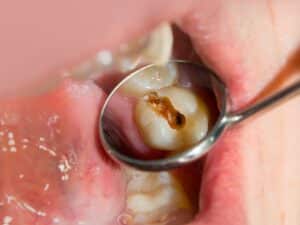
Causes:
- Acidic diets high in citrus fruits, soda, or vinegar-based foods.
- Acid reflux or frequent vomiting, which exposes teeth to stomach acids.
- Dry mouth, which reduces saliva’s natural protective effects.
Prevention Tips:
- Minimize consumption of acidic foods and beverages.
- Rinse your mouth with water after eating acidic items.
- Use fluoride treatments or rinses to strengthen enamel.
- See your dentist if you suspect acid reflux is contributing to the problem.
6. Cracked or Chipped Teeth
Cracked or chipped teeth occur when the structural integrity of a tooth is compromised, often leading to pain, sensitivity, or difficulty chewing. Cracks may not always be visible but can worsen over time, affecting the tooth’s functionality and appearance.
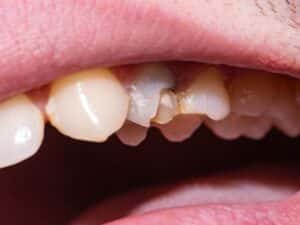
Causes?
- Trauma, such as accidents or sports injuries.
- Chewing hard objects like ice or popcorn kernels.
- Teeth grinding, which weakens the enamel.
Prevention Tips:
- Avoid chewing hard objects, such as ice, pens, or popcorn kernels.
- Wear a mouthguard during sports or if you grind your teeth at night.
- Address grinding habits with your dentist, who may recommend a custom guard or other treatment.
The Importance of Regular Dental Check-Ups
While good oral hygiene practices are essential, they aren’t a substitute for professional dental care. Dentists can spot problems early, perform thorough cleanings, and recommend preventive treatments like sealants or fluoride applications. Regular visits also allow for early detection of issues like cavities and gum disease, saving you time, money, and discomfort in the long run.
Conclusion
Taking care of your teeth and gums doesn’t have to be complicated. By adopting a consistent oral hygiene routine and making regular dental visits a priority, you can prevent most common dental problems and enjoy a lifetime of healthy smiles.
At Choice Dental, we are dedicated to providing comprehensive care to help you achieve optimal oral health. Whether you need preventive care, treatment for an existing issue, or guidance on improving your dental routine, we’re here to help. Schedule your appointment today and take the first step toward a healthier, brighter smile.
